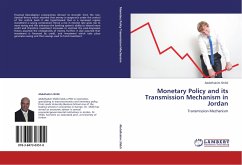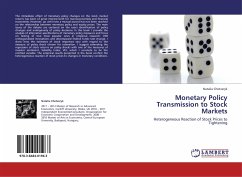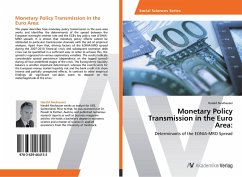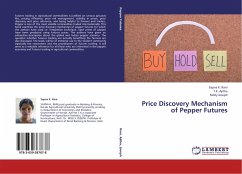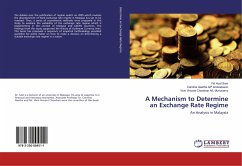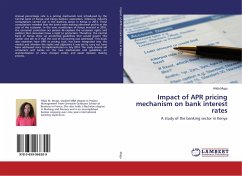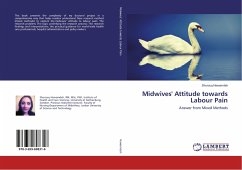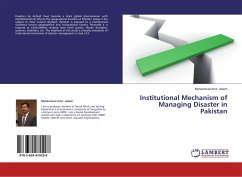Financial liberalisation programmes derived its strength from the neo-classical theory which assumed that money is exogenous under the control of the central bank. It also hypothesised that in a repressed regime investment is saving constrained. Hence a rise in interest rate gives rise to more saving and this enhances the banking system s ability to extend more credit and therefore investment increases. In contrast the post-Keynesian theory assumed the endogeneity of money. Further, it also assumed that investment is financed by credit, and investment which take place generates saving and then savings used to fund investment.

